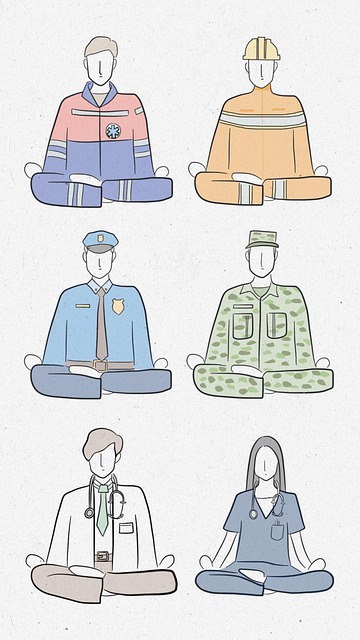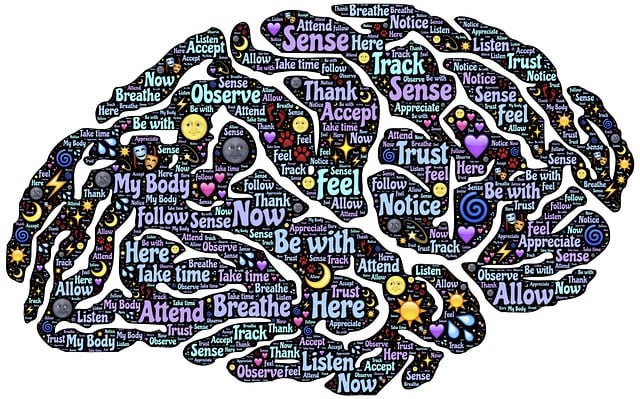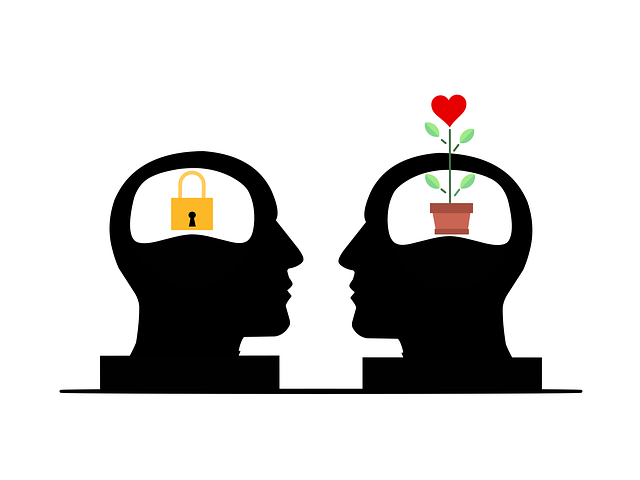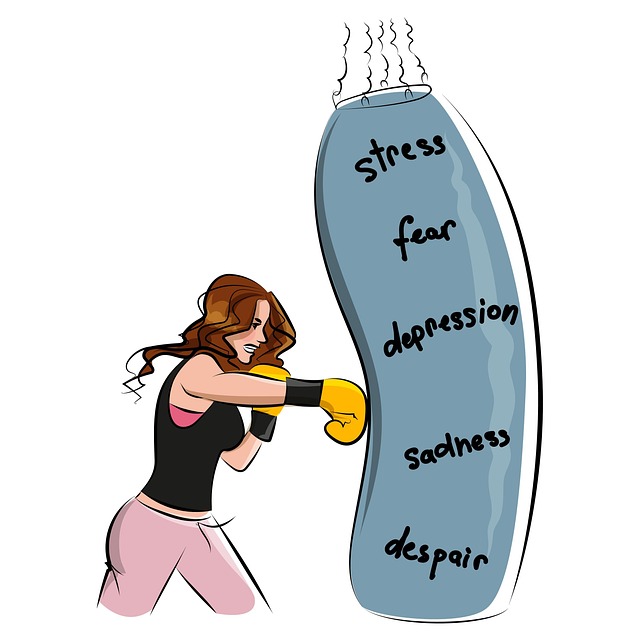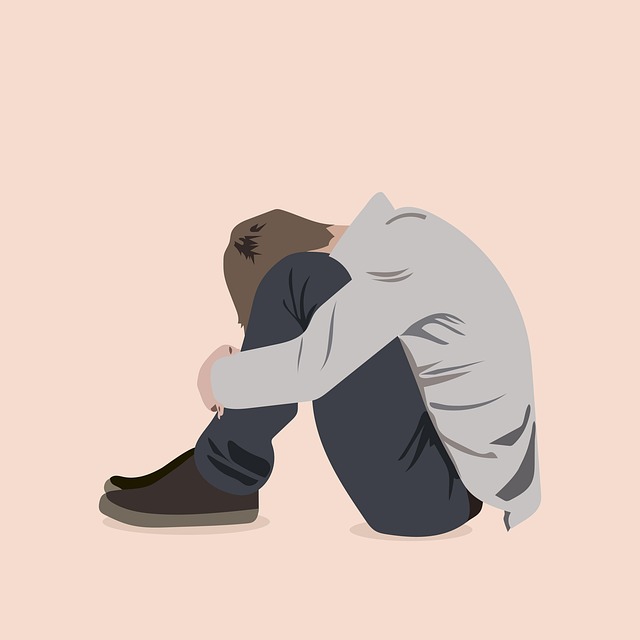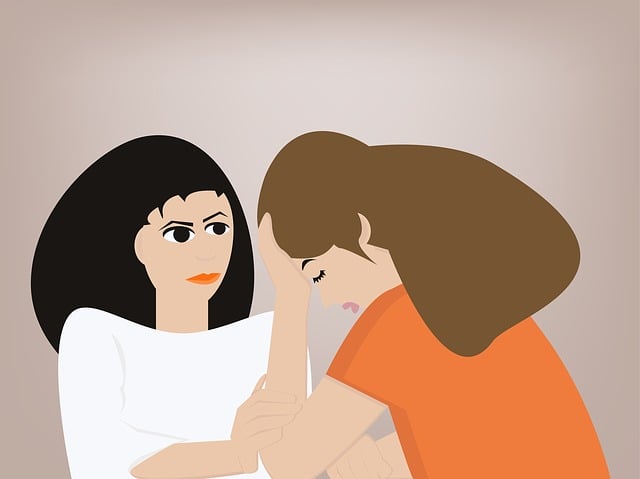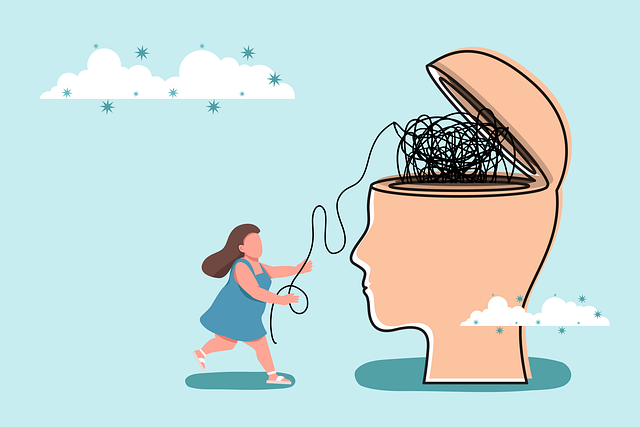Lone Tree Sexual Abuse Survivor Therapy emphasizes the importance of self-care in healing from sexual trauma, addressing barriers like survival mode coping and procrastination through exercises fostering introspection and emotional regulation. They provide resources and education to empower survivors in prioritizing mental health, cultivating compassion and conflict resolution techniques for stress management and resilience building. Professional therapy support is crucial for this process, tailored to individual needs to promote personal growth and healing.
Self-care is an essential practice, especially for Lone Tree sexual abuse survivor therapy. Understanding its profound impact on healing empowers survivors to take control of their well-being. This article navigates the journey to improved self-care, addressing barriers commonly faced by survivors and offering practical strategies. From recognizing personal needs to seeking professional support, each section provides insights to foster a holistic approach. Embrace these guidelines as tools for transformation, encouraging resilience and a brighter future.
- Understanding Self-Care and Its Impact on Healing
- Overcoming Barriers to Self-Care for Survivors
- Incorporating Effective Self-Care Strategies
- The Role of Professional Support in Self-Care Journey
Understanding Self-Care and Its Impact on Healing

Self-care is a fundamental practice for anyone seeking to improve their mental and emotional well-being, especially for those who have experienced trauma such as sexual abuse. For a Lone Tree Sexual Abuse Survivor Therapy client, understanding self-care means recognizing and prioritizing personal needs that promote healing and restoration. It’s not merely an indulgent act but a necessary tool in the recovery process.
By adopting effective self-care strategies, survivors can build resilience, develop coping skills, and cultivate positive thinking patterns. Empathy Building Strategies, for instance, allow individuals to connect with their emotions, fostering a sense of understanding and compassion towards themselves. This, in turn, paves the way for deeper healing and personal growth. Through dedicated self-care practices, survivors can navigate their journey toward recovery with increased confidence and a renewed sense of empowerment.
Overcoming Barriers to Self-Care for Survivors

Many survivors of sexual abuse struggle with incorporating self-care practices into their lives, often due to deeply ingrained barriers. The process of healing can be arduous, and many find themselves caught in a cycle of survival mode, where basic needs like rest, relaxation, and emotional processing take a backseat. This is especially true for Lone Tree sexual abuse survivor therapy clients, who may have developed coping mechanisms that, while helpful in the moment, hinder their ability to engage in meaningful self-care. Overcoming these barriers requires acknowledging and understanding the root causes of avoidance or procrastination.
Therapy plays a pivotal role in helping survivors navigate these challenges by fostering self-awareness exercises that encourage introspection and emotional regulation. By learning to identify triggers and developing healthy coping strategies, survivors can begin to prioritize their mental health and well-being. This journey towards self-care is not merely an individual endeavor but one that often requires support from professionals who understand the unique complexities of sexual abuse trauma. Enhancing mental health awareness through education and accessible resources empowers survivors to take proactive steps toward preventing burnout and nurturing their emotional resilience.
Incorporating Effective Self-Care Strategies

Incorporating effective self-care strategies is a vital step for Lone Tree sexual abuse survivor therapy and overall well-being. Beyond basic physical needs, mental and emotional nurturing is essential. Survivors often carry deep wounds that require specialized care, where practices like compassion cultivation can foster healing. By cultivating kindness and empathy towards oneself, individuals can begin to undo the damage caused by traumatic experiences.
Additionally, conflict resolution techniques play a significant role in self-care. Many survivors struggle with unresolved conflicts stemming from their past experiences. Learning constructive ways to manage and resolve these internal and external conflicts can significantly enhance stress management. This, in turn, allows for better coping mechanisms, improved resilience, and a more fulfilling life journey.
The Role of Professional Support in Self-Care Journey

For many individuals navigating their self-care journey, especially those who have experienced sexual abuse like Lone Tree Sexual Abuse Survivor Therapy clients, professional support is an indispensable component. Therapists and counselors play a pivotal role in empowering survivors to process trauma, develop healthy coping mechanisms, and cultivate resilience. Through specialized treatments tailored to address complex emotional needs, these professionals facilitate profound personal growth and healing.
In the context of mental health policy analysis and advocacy, recognizing the significance of professional support is crucial. Burnout prevention strategies for healthcare providers are essential not only to protect their well-being but also to ensure they can effectively serve clients like Lone Tree Sexual Abuse Survivor Therapy patients who rely on them for guidance. Effective emotional regulation techniques taught by these professionals equip individuals with the tools needed to navigate life’s challenges, fostering a sense of agency and self-care awareness.
For a Lone Tree sexual abuse survivor therapy can be a transformative journey. By understanding the profound impact of self-care, overcoming inherent barriers, and adopting effective strategies, survivors can foster healing and resilience. The professional support available plays a crucial role in guiding them through this process. Incorporating self-care practices not only enhances overall well-being but also equips individuals with the tools to navigate their unique paths towards recovery and personal growth.

